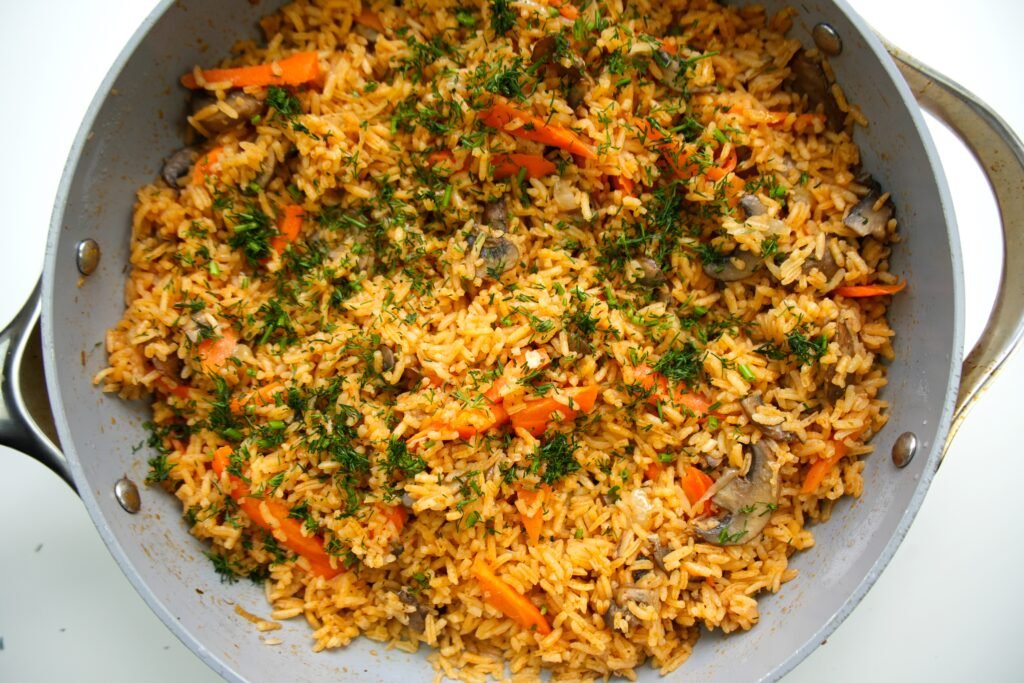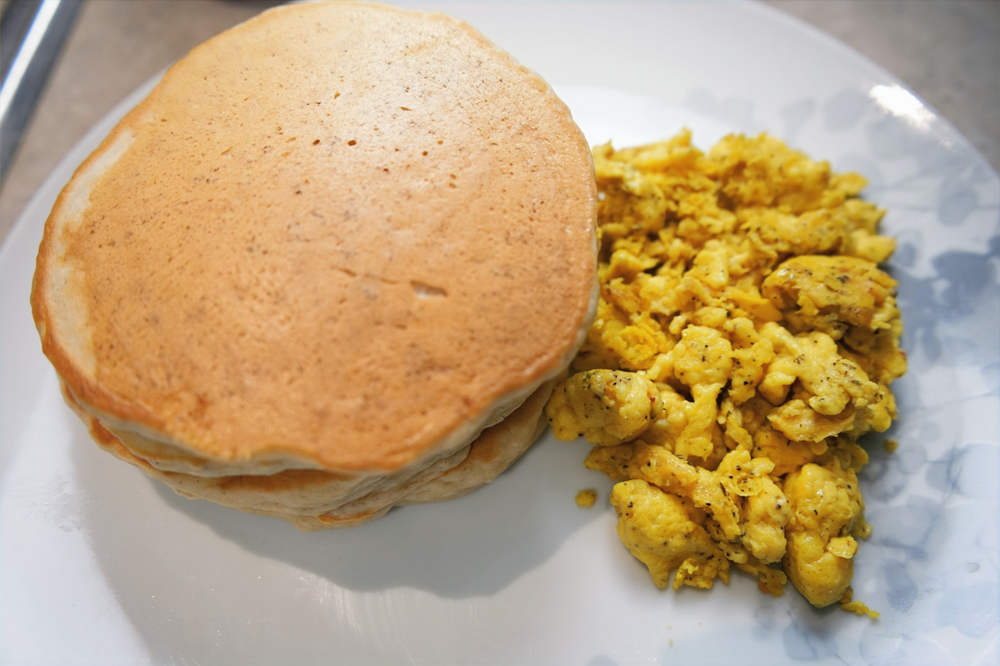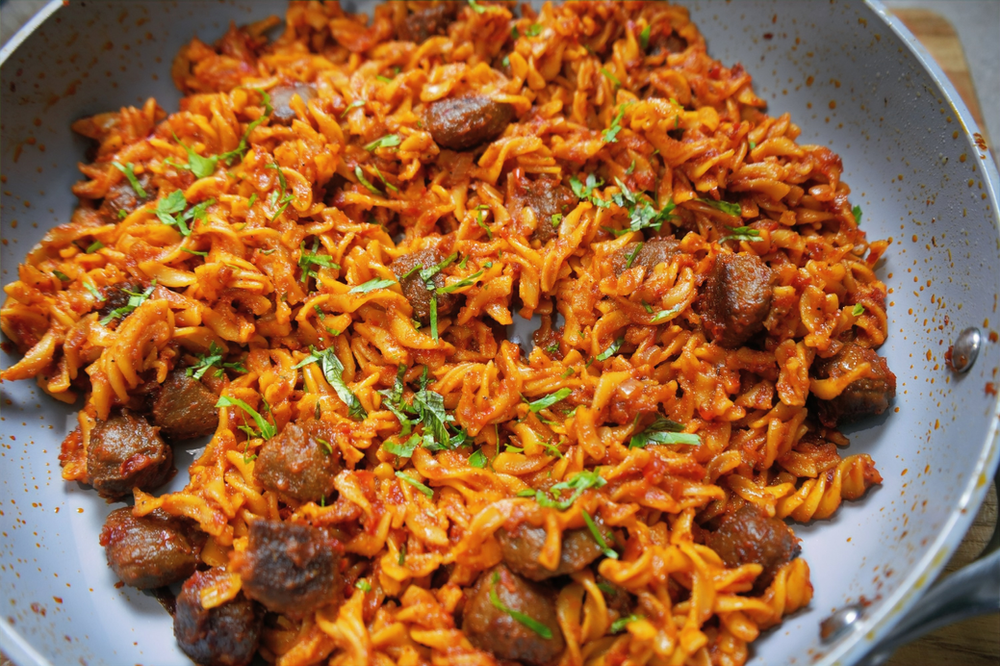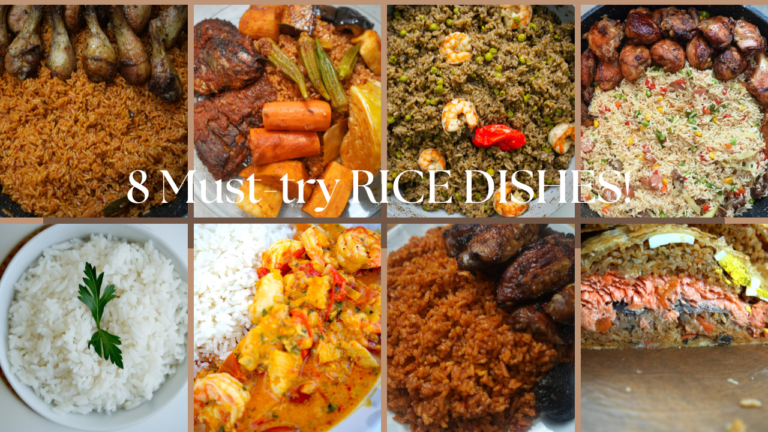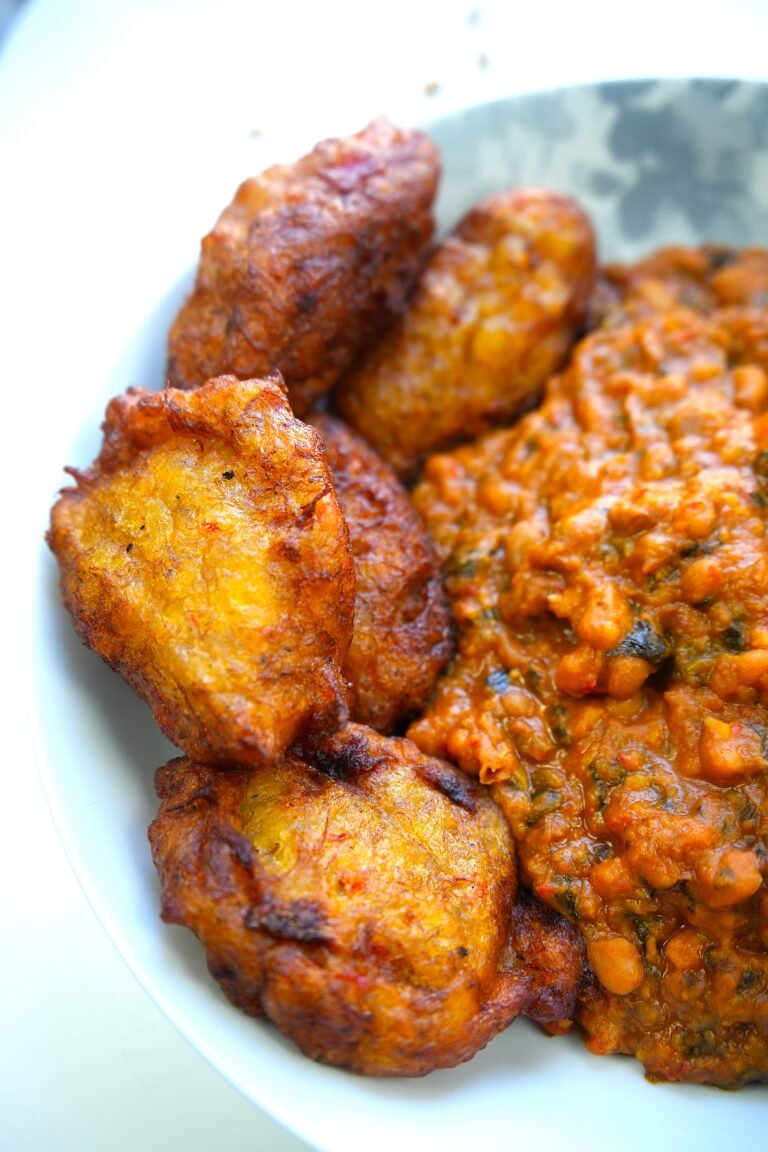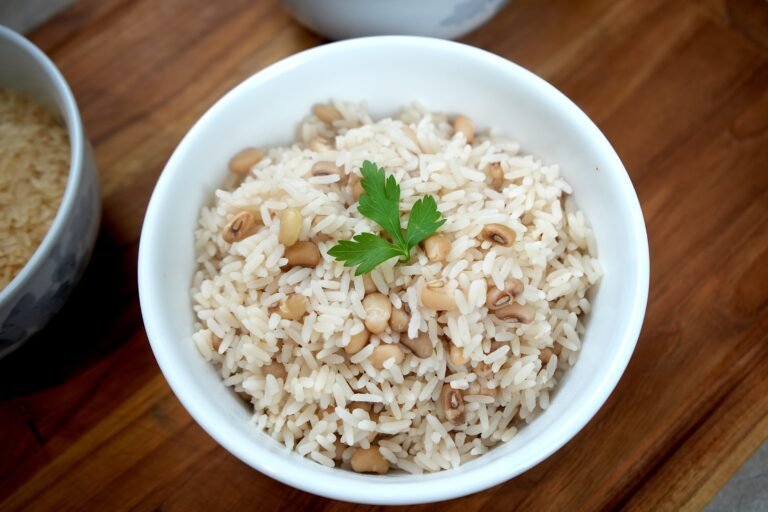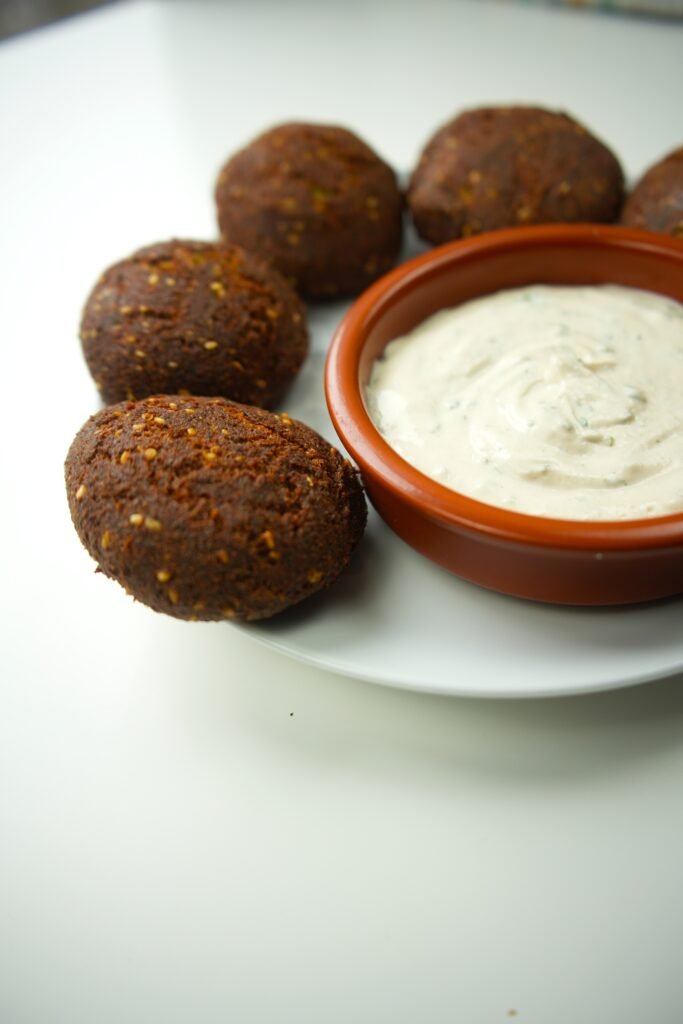
You know the saying-“don’t knock it till you try it”? That was exactly what I was told by a falafel street vendor in 2015 while roaming the busy streets of the Deira market in Dubai. I am not entirely sure what it was that got me scared to try it.
Now that I think about it, I want to believe I was skeptical because of the green insides of the falafel ball. If you possess a similar skepticism, here’s me saying to you now, “don’t knock it till you try it!”.
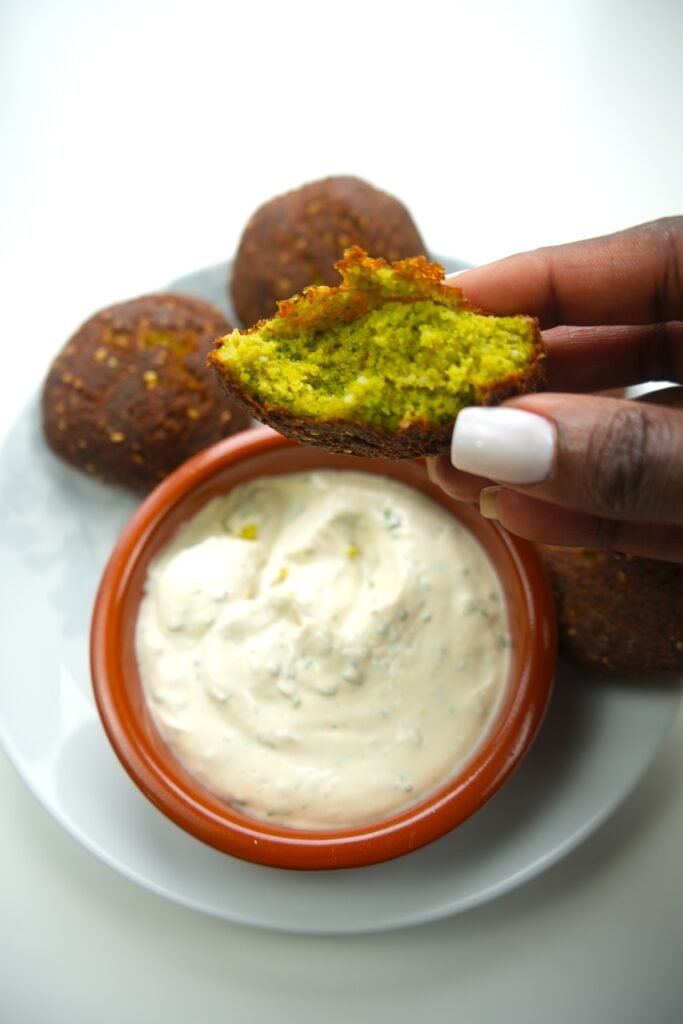
What is Falafel?
Crispy on the outside but soft and crunchy on the inside, falafel is a popular fried ball dish/street food eaten mostly amongst the peoples of the Middle East. Its origin has been traced to old Coptic Christians in Egypt who sought a tasty replacement for meat during the lent season.
It has specifically been associated with Egyptian, Israelian, Palestinian and Lebanese cuisines. Considering how far and wide falafel is consumed, there are many variations to each country’s recipe.
It is a vegan-friendly dish made from chickpeas or fava beans, depending on the cuisine. The chickpeas or beans are processed with spices, herbs and sesame seeds before being molded into balls and deep fried till crisp and brown. Falafel is popularly paired with a tahini sauce, hot sauce, or even eaten alongside a salad. Some have it served in pita breads or samoon.
What are the ingredients needed for Falafel?
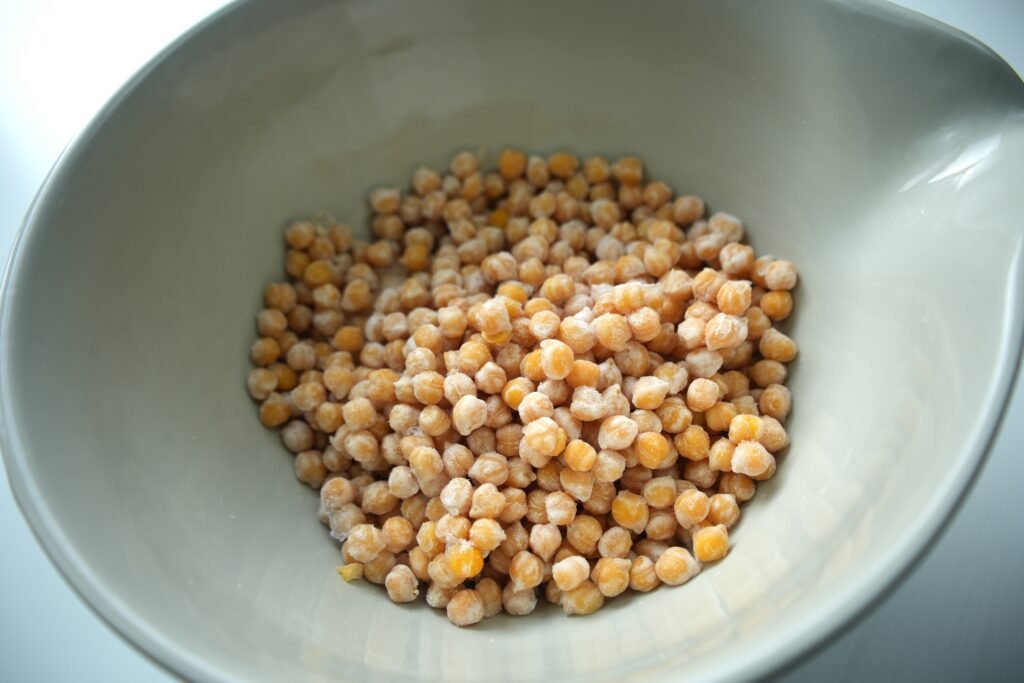
Chickpeas
Canned chickpeas are not an option when making falafel. Hence, dried chickpeas are soaked for hours, preferably overnight till they are softened. You might want to be mindful of the amount of chickpeas to be soaked as they tend to double in size after soaking.
In many Middle Eastern household, chickpeas are soaked, drained and stored in the freezer since it serves as the main ingredient in many of their dishes.
Herbs
The green signature colour known to the insides of a falafel are due to the herbs added into the mix. You need some parsley and cilantro. Some recipes call for the addition of dill.
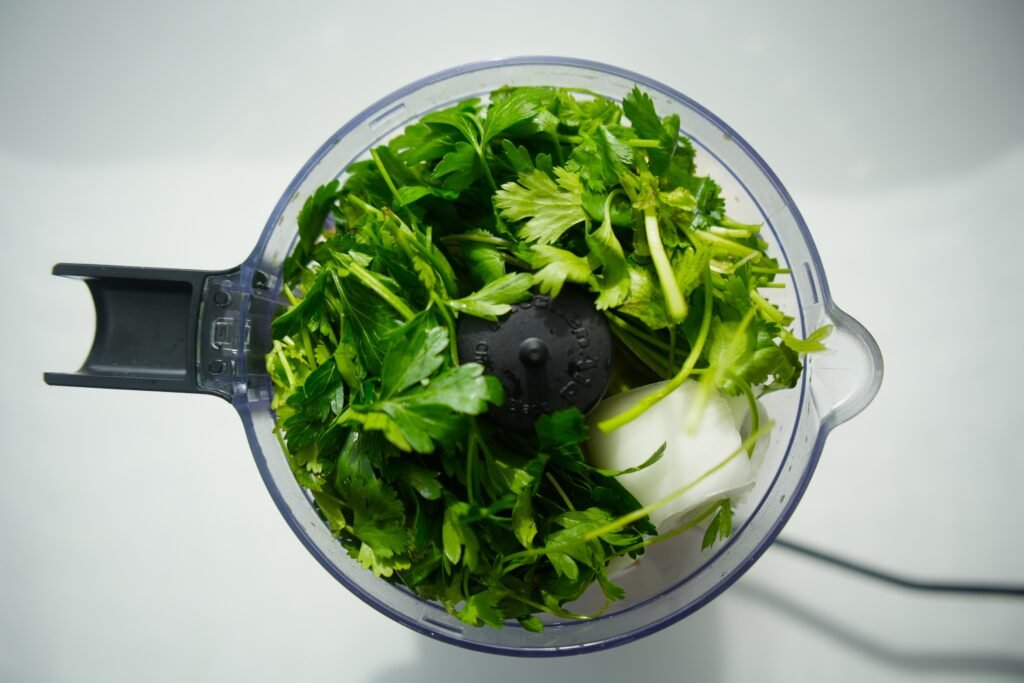
Salt & Spices
The combination of spices is pertinent in making authentic falafel, the popular ones are cumin and coriander. Some salt is added to taste and cayenne pepper for a bit of heat.
Baking Powder
There is a need for a binding agent like baking powder to be added into the mix to keep the moulded balls together when frying. This also helps to add a light airiness to the texture of the falafel. In the absence of baking powder, baking soda can be used.
Aromatics
Onions and garlic do just the job for falafel.
Sesame Seeds
While the addition of sesame seeds is optional, I encourage you to add it in as it provides a light crunch and nutty flavour to the falafel.
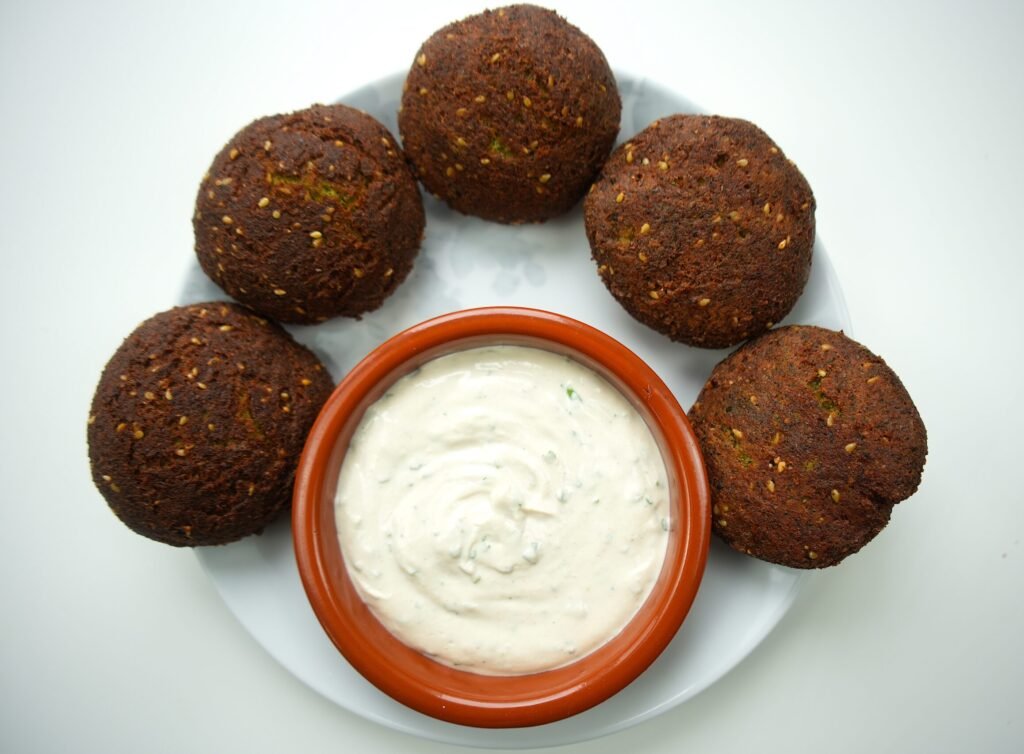
Other Vegan-friendly dishes you should try!
The Process
Falafel may seem intimidating at first but becomes easy when the technique has been mastered.
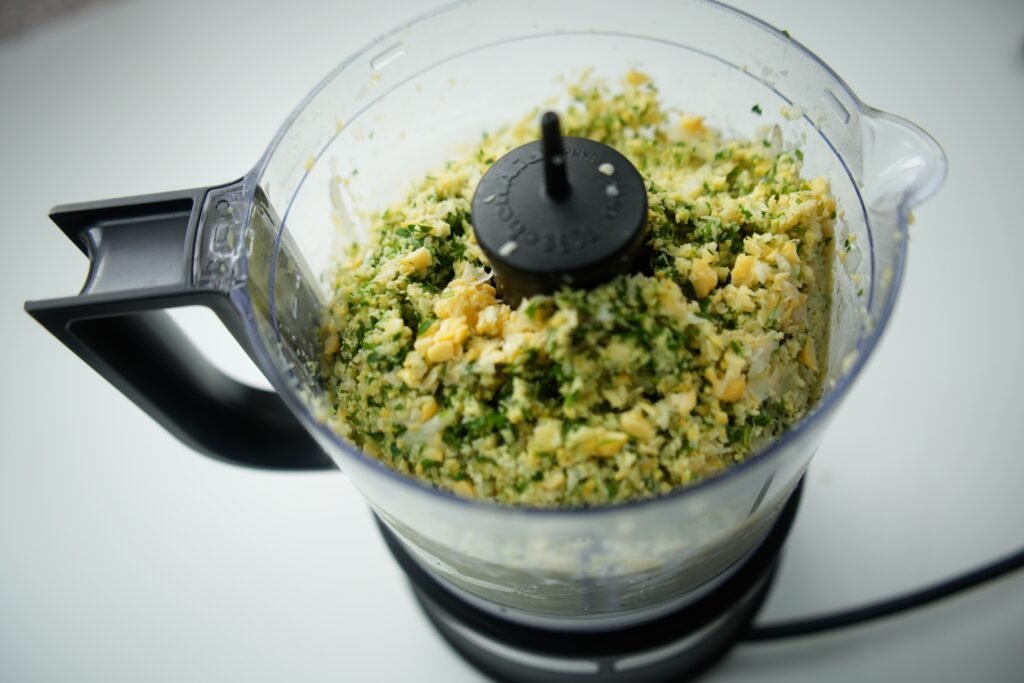
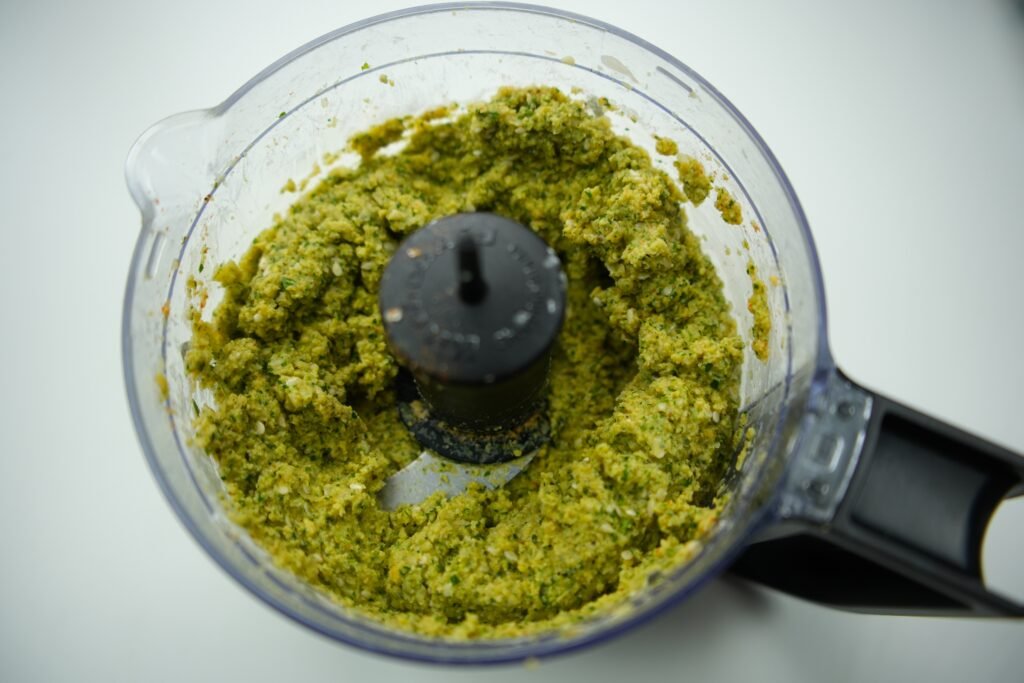
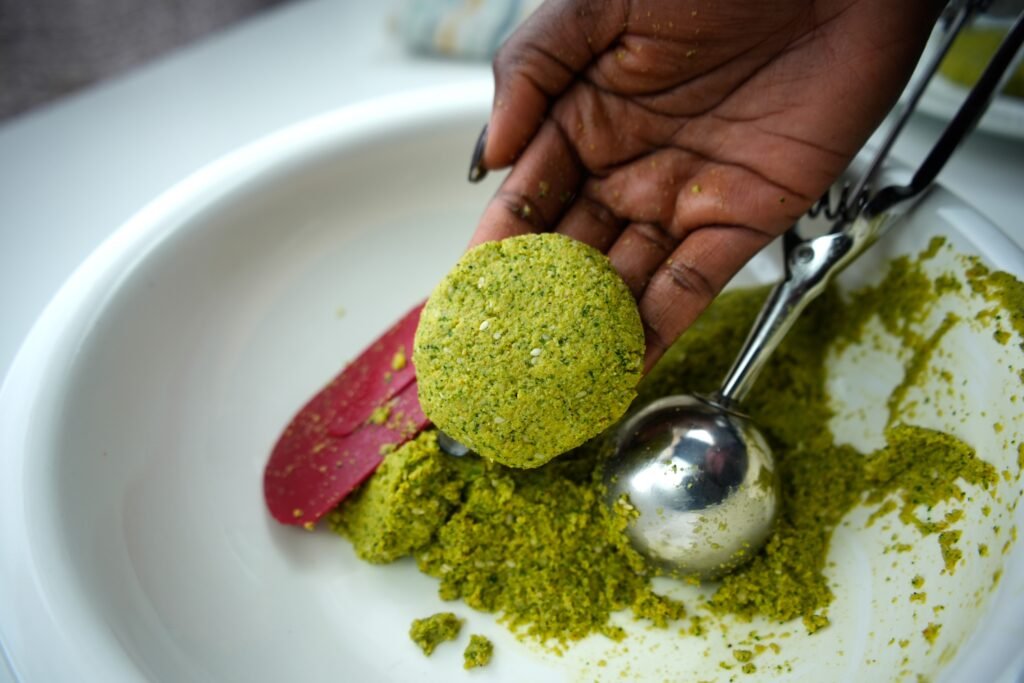
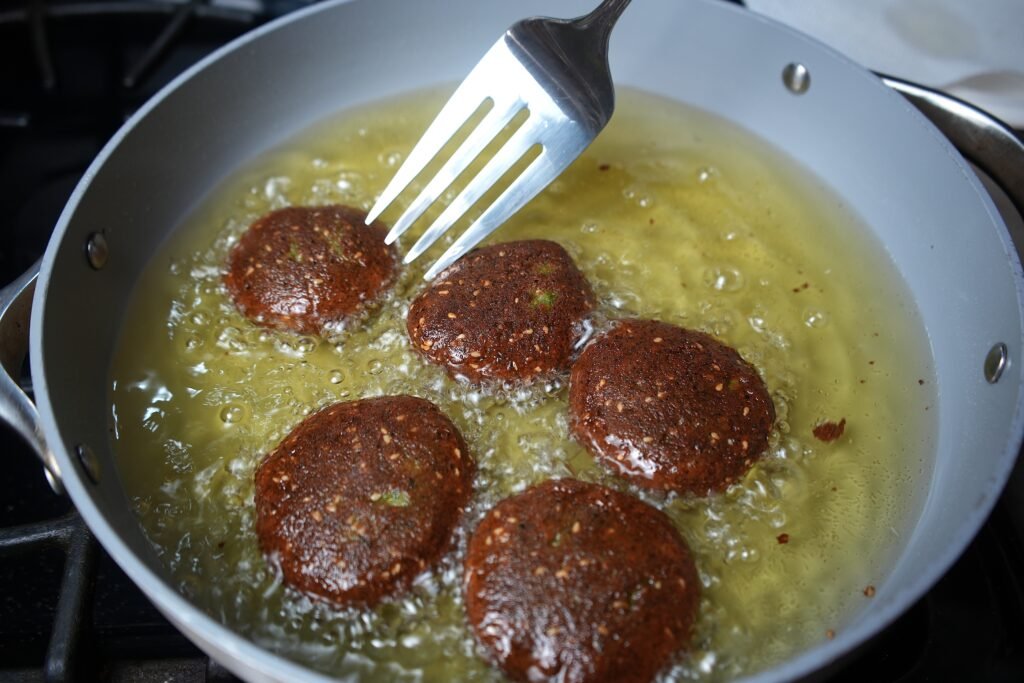
- 1st is to soak the chickpeas for at least 10 hours or overnight, drain and set aside.
- 2nd is to get the herbs and spices ready. If using the whole coriander seeds, these will need to be ground in a spice grinder.
- 3rd is to add in the chickpeas, herbs, spices, salt and baking powder into the food processor, pulse gradually until everything is finely ground. The best way to know when it is done well is to pinch up a bit of the batter using 2 fingers and see if it falls apart or crumbles easily, if it doesn’t fall apart, then it is ready.
- 4th is to scoop in portions and mould into balls. Refrigerate the falafels for at least 2 hours, this helps to keep the balls together when fried.
- 5th is to heat up the oil for deep-frying, fry the falafel balls until all evenly brown and crisp.
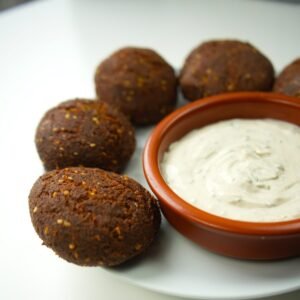
Authentic Homemade Falafel
Equipment
- 1 food processor
Ingredients
- 1½ cup dried chickpeas
- 1 cup fresh parsley
- 1/2 cup fresh cilantro
- 1 onion
- 8 cloves of garlic
- 1 tbsp ground cumin
- 1 tbsp ground coriander
- 1 tbsp black pepper
- 1 tsp cayenne pepper/paprika
- salt to taste
- 1 tsp baking powder
- 2 tbsp sesame seeds optional
- oil for deep-frying
Instructions
- The night before, toss in the chickpeas into a large bowl, cover with water and let it soak overnight. In the morning, drain and set aside.
- Combine your chickpeas, parsley, cilantro, onions, and garlic in a food processor. Begin to pulse until you see them being ground up.
- Add in the ground cumin, coriander, black pepper, cayenne pepper, salt, baking powder and sesame seeds. Continue to pulse until it all comes together in a thick coarsely ground paste-like consistency.
- Use an ice cream scoop to scoop some of the falafel batter into the palm of your hand, mold into a small disc/patty not higher than 1 inch. Repeat until the batter is done.
- Refrigerate the falafels for at least an hour.
- Heat up your oil for deep-frying in a deep skillet. When hot, carefully drop in the patties and fry on medium to low heat for 2-3 minutes until brown and crisp. You may need to flip the falafels back and forth so it can brown evenly.
- Pack out the fried falafel patties and lay them on baking sheet lined with paper towels.
- Serve with your favourite hummus, tahini sauce or as a salad side.
Notes
- If you prefer an oil-free option, this can be fried in a 375F air-fryer for 15-20 minutes. The falafel patties will need to be flipped halfway to ensure it is evenly cooked.
- When dropping in the falafel, refrain from overcrowding the oil, frying can be done in batches.
- When frying, the temperature of the oil drops, hence it may be necessary to increase the heat of the oil before adding in another set of patties.

